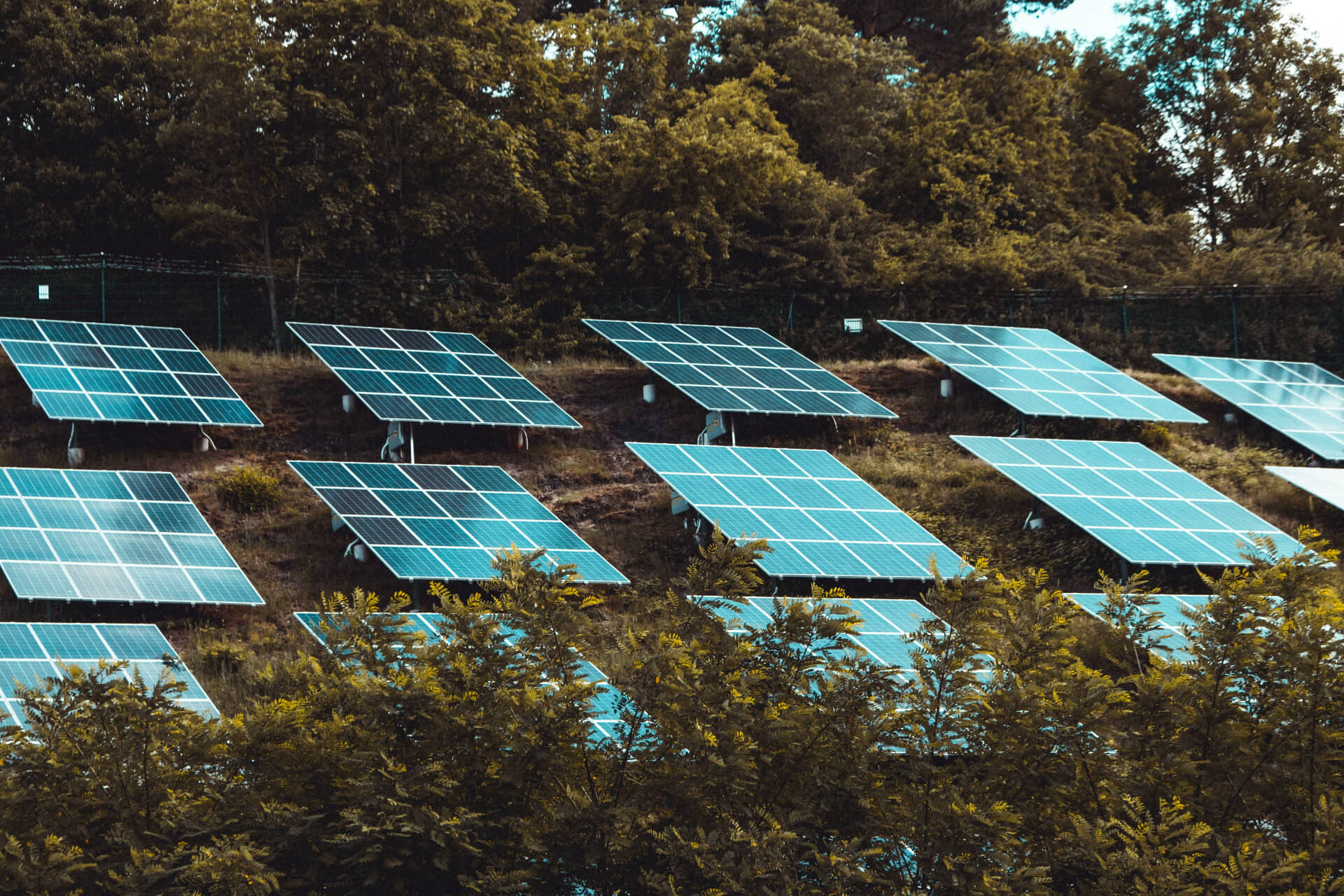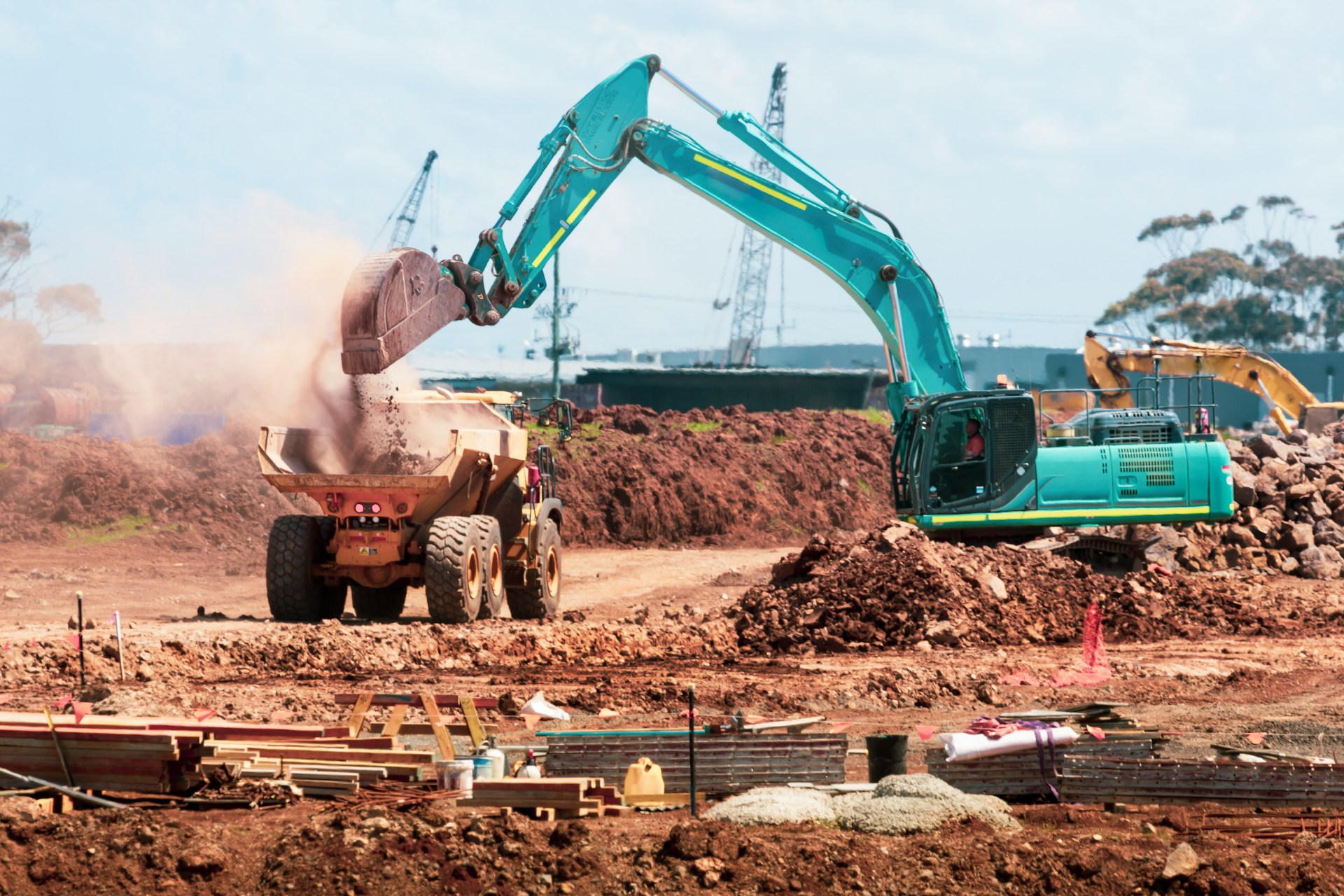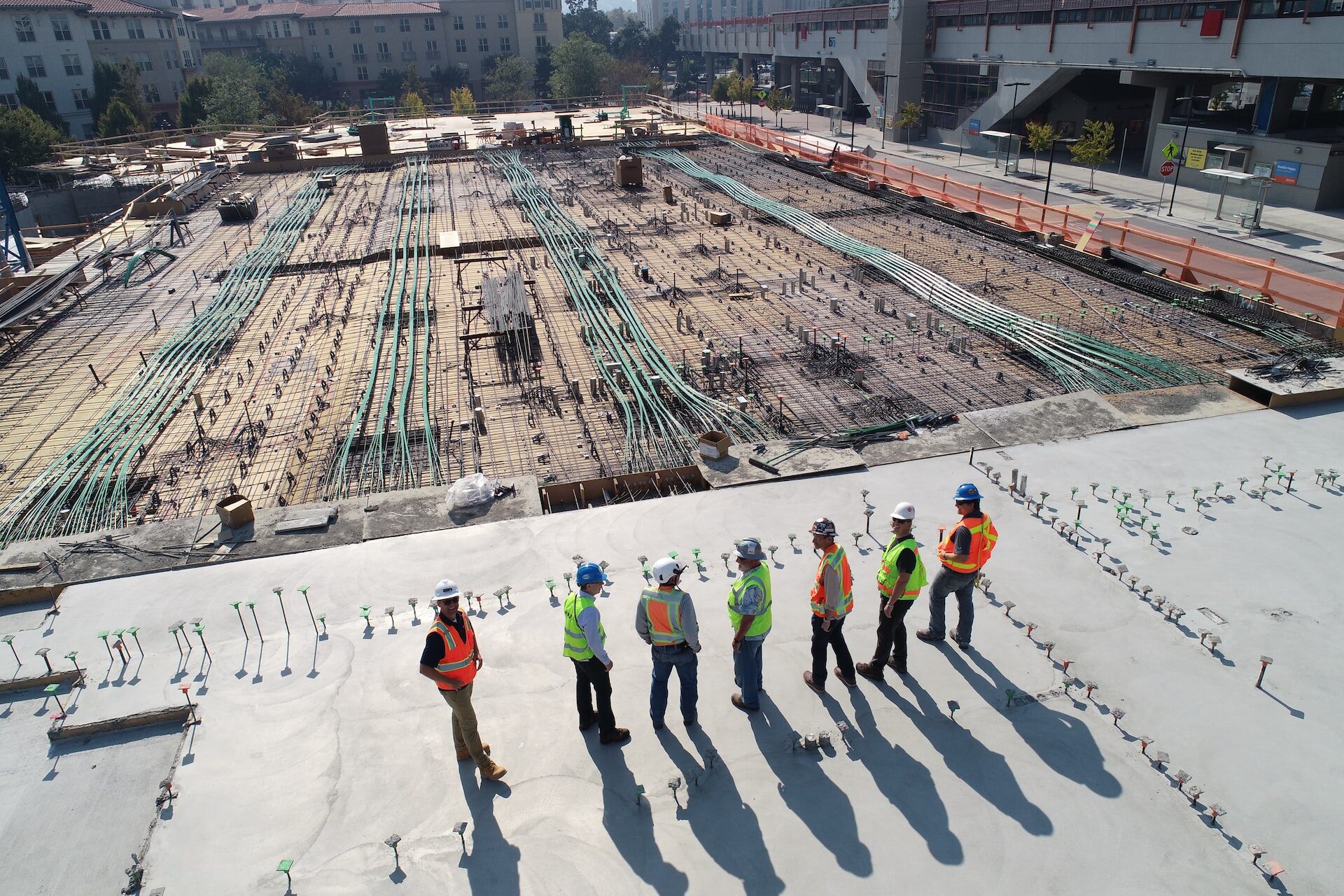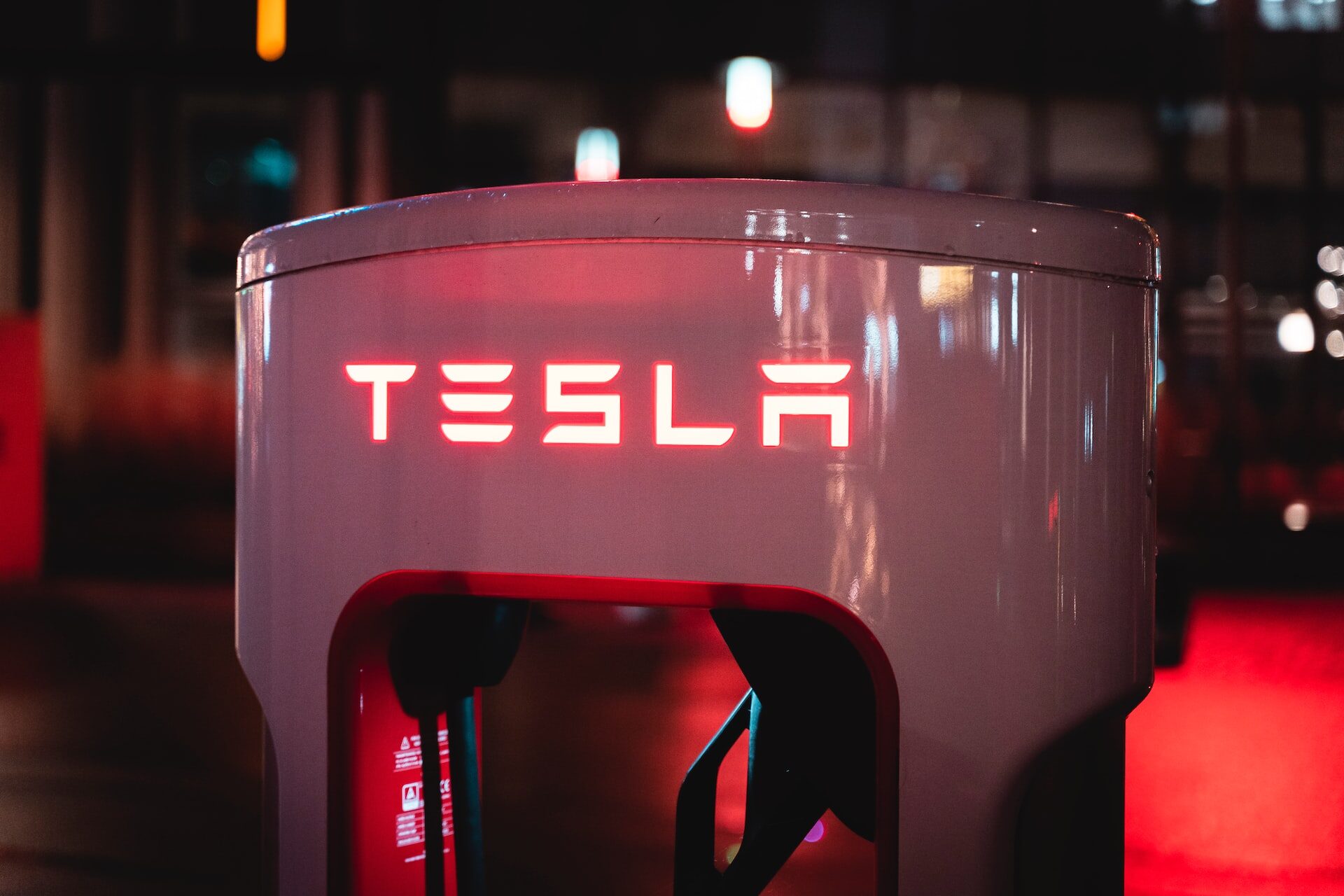
5 Amazing Future Technology Innovations on the Horizon
July 31, 2023 - Emily Newton
Revolutionized is reader-supported. When you buy through links on our site, we may earn an affiliate commision. Learn more here.
Future technology is the realm of science and engineering where the innovations of tomorrow take shape. Concepts for exciting new technologies are pitched every year. It can take a long time for these new inventions and ideas to become a reality.
In 2023, we’re seeing several incredible types of future technology take the spotlight, including generative AI and a new approach to VR. What technologies are dominating the horizon of science and engineering today? How will we begin using these technologies in the next ten years?
1. Nanobots for Medicine and Construction
Currently, when most people think of things like medicine and construction, they picture large buildings and heavy equipment. By 2050, you might have to think a lot smaller — microscopic even. Nanotechnology might be the stuff of science fiction today, but a fleet of programmable robots could soon become very useful. There is potential for both the medical and construction industries.
Some industry experts think that we might see nanotechnology in medicine as soon as 2030. This depends on if we’re able to create a safe and secure system that protects the users from potential hacks. Writer’s note: I’m terrified of nanobots, personally. The idea of microscopic robots in your body is cool until someone hacks them to take you apart one cell at a time.
On the construction side of things, nanotechnology could be the missing piece of the puzzle when it comes to the creation of self-healing concrete. Today, researchers are exploring this technology by using sodium silicate capsules or calcite-excreting bacteria, but maybe nanobots will provide a more effective repair system.
2. IoT-Powered Smart Cities
Smart cities are a staple of sci-fi and cyberpunk movies, but they’re quickly becoming a reality. Using AI and IoT, smart cities optimize power consumption, improve air quality, ensure safety and provide an overall better quality of life for residents. Smart cities will also be more connected with features like free public Wi-Fi throughout city streets.
AI and IoT themselves were future technology not too long ago. Now that both are becoming mainstream, new possibilities are opening up. This includes some amazing innovations in smart city technology.
For example, AI and IoT can help cities use power more efficiently and keep people safe. Public safety cameras and sensors can monitor spaces like parks and other public areas. If someone enters the space, it triggers the sensors, which can turn on street lights if they are not already active.
So, if a city has two parks and one is empty on a given night while another is full, power won’t be wasted lighting the empty park. At the same time, city residents will still be safe since the lights will automatically turn on for them when they enter the park. Features like this may sound simple but they can help cities save a lot of money on wasted electricity.
Similarly, IoT air quality sensors can help city residents stay safe amidst increasing climate change concerns. Connect air quality sensors placed throughout the city can report live data back to an automated AI hub that analyzes the data for signs of pollution. If poor air quality is detected, residents can automatically get an alert on their phones.
Next-gen smart cities will also use AI and IoT for applications like smarter traffic management, improved access to public services, streamlined public transportation and more.
3. Well-Regulated, Reliable AI
AI is massively popular today thanks to models like ChatGPT and DALL-E. These generative AI algorithms are fun to play with and even use for practical purposes, particularly ChatGPT. However, they aren’t without important issues. AI has become a prime example of future technology that evolves faster than the world around it can keep up.
AI has huge potential in a wide range of applications, but it is also creating problems that will shape the future of this technology. The 2023 Hollywood strikes are a perfect example. In May 2023, the Writers Guild of America went on strike and two months later in July 2023, the Screen Actors Guild joined them on strike.
Both unions were united in one important way: they did not want AI to eliminate creative jobs and human-created art. Concern surrounding the use of AI to remove jobs and underpay workers is not limited to Hollywood, either. People all over the world are getting increasingly anxious about this very serious possibility as the capabilities of generative AI continue to grow.
Equally concerning is the use of AI for creating misinformation and even malware. Studies have proven that users can make ChatGPT create polymorphic malware despite the algorithm’s supposed protections against such applications. This means someone with little to no coding knowledge can create malware using AI. ChatGPT can also generate fake news and phishing emails.
All of these factors are concerning, but they are an important part of innovation. By 2030, nations around the world could have regulations in place to ensure AI can’t be used for creating illegal content or replacing humans in the workplace. By addressing today’s AI issues, we can keep the industry focused on the countless incredible possibilities for AI in everything from entertainment to medicine.
4. Next-Gen Virtual Reality
Virtual reality headsets have been around for a while now, ranging from the cheap Google Cardboard DIY headsets to the sleek Meta Quest 2. VR has become much more capable and readily available over the past few years. The Meta Quest 2 enjoyed a boom during the COVID-19 pandemic thanks to its affordable price and large library of games.
Despite its potential, VR has yet to take off like other platforms before it did. That may change over the next several years. Apple reimagined virtual reality with an innovative new headset announced in 2023. The highly-anticipated Apple Vision Pro will be the most powerful mixed reality headset ever released. It will also launch Apple’s “spatial computing”.
Unlike previous approaches to virtual reality, the Apple Vision Pro doesn’t attempt to cut users off from the real world. Instead, it seamlessly blends the real and virtual. It doesn’t use controllers, either, relying solely on hand gestures. Early users have described this control interface as “magic” due to its incredible accuracy.
The Apple Vision Pro is a great example of future technology evolving from an existing technology. Apple took the market of VR headsets and revolutionized it, pointing the way to the future. This headset could potentially mark the start of the next big device category – lightweight, sleek, multi-purpose mixed reality headsets.
5. The Commercial Space Travel Boom
Commercial space travel itself is not new. It’s been gaining popularity over the past couple of decades, particularly with the rise of SpaceX. NASA’s ambitious Artemis program is set to spark the next big era of space exploration with a return to the Moon by 2030.
Currently, NASA has the Artemis program’s first Moon landing slated for 2025, although launch schedules change often. In 2024, NASA will launch the first manned crew to visit the Moon since Apollo 17 in 1972. The Artemis program will start the construction of a permanent base on the Moon, just as the International Space Station reaches retirement.
NASA’s return to the Moon is a big deal for the commercial space industry because the Moon holds immense commercial potential. Wealthy tourists will surely want to visit the lunar surface. Beyond that, Moon dust contains a valuable substance known as Helium-3, which many scientists believe could revolutionize clean energy.
Scientists estimate that just 25 metric tons of Helium-3 could power the entire United States for a whole year. That’s a small fraction of the full cargo capacity of today’s largest spacecraft, including SpaceX’s highly-anticipated Starship. We could use Helium-3 to power nuclear fusion, a clean energy source with no emissions and incredibly high power yields.
Helium-3 alone is incentivizing many commercial space companies to closely watch NASA’s progress with its Artemis program. Beyond the Moon, commercial space companies could begin mining the asteroid belt for resources, as well. However, that likely won’t happen until the second half of the century.
Future Technology to Look Forward To
Future technology shows us what the mainstream tech of tomorrow will look like. The Internet, AI and commercial space travel were once considered fantasies of the distant future. Now, they are considered a normal part of our world. Following the progress and changes of today’s future technology field can give you a look at the exciting innovations on the horizon.
Editor’s Note: This article was originally published on April 23, 2020 and updated on July 31, 2023 to provide readers with more updated information.
Revolutionized is reader-supported. When you buy through links on our site, we may earn an affiliate commision. Learn more here.
Author
Emily Newton
Emily Newton is a technology and industrial journalist and the Editor in Chief of Revolutionized. She manages the sites publishing schedule, SEO optimization and content strategy. Emily enjoys writing and researching articles about how technology is changing every industry. When she isn't working, Emily enjoys playing video games or curling up with a good book.




